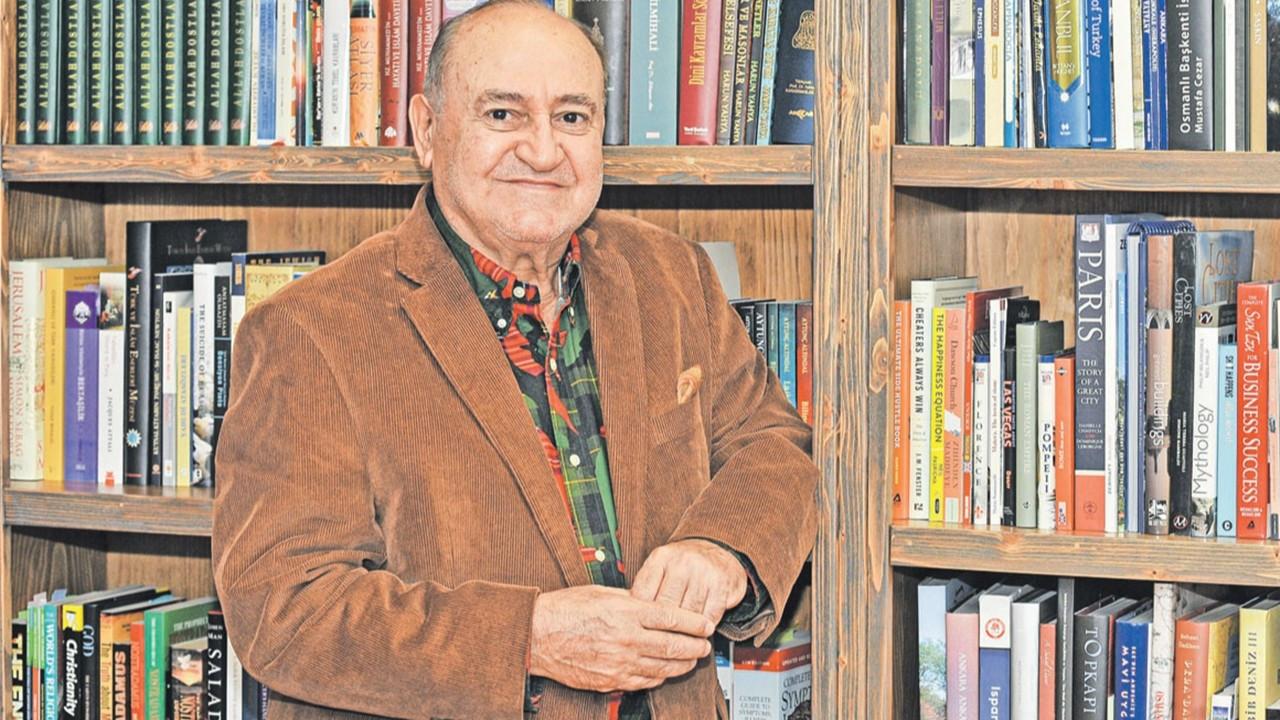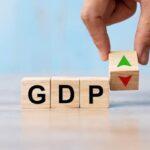ARE THE MONEY MARKETS IN TURKEY OPERATING AT THEIR TARGET LEVEL AND PACE?
I established the Central Bank’s Directorate-General for Money Markets and Fund Management. The money and foreign exchange (FX) markets have fulfilled their function in Turkey since then. Deployment of the money and FX markets by the Central Bank (CB) was tried for the first time in Turkey and it succeeded. Overseeing the money and FX markets, versus monetary policy, which is implemented for the country to become one of the world’s most advanced economies, are different. It’s important to understand the global monetary system and predict where this system will proceed. It’s still possible to catch the production level of the German economy within six years if [the economy] is supported by good implementation.
HOW DO YOU EVALUATE THE MONEY MARKETS OVER THE COURSE OF AK PARTY TENURE, AS WELL AS THE MANAGEMENT OF BORSA ISTANBUL?
The money markets during the AK Party government term and the management of Borsa Istanbul haven’t been unsuccessful. However, great opportunities have been missed in terms of monetary policy. The attraction of foreign investors and high volume of external borrowing at a cheap price are important principles for the Turkish economy. Germany lost World War I and the period of World War II after 1942, as it couldn’t borrow from abroad. Turkey should be work to create its own reserve at the next stage. The independence of the CB is vital not only to hold the government to account but also to hold foreign investors to account and consider their requests.
THE CB LOWERED THE POLICY RATE FIRST BY ONE POINT THEN BY TWO POINTS, IN LINE WITH THE THEORY OF THE PRESIDENT THAT INFLA˹ TION DECREASES WHEN THE INTEREST RATE IS REDUCED. HOW DO YOU EVALUATE THE CB’S INTEREST RATE STEPS?
The interest rate cuts weren’t wrong. But the CB should also oversee and monitor the amount and implementation. The CB shouldn’t leave the monetary policy management to public banks through protocols, it should decrease its balance sheet, pay its debts to banks, and financially protect the banking system. It shouldn’t be broken loose from the capitalist system but should be integrated with it. In this context, it’s necessary to develop further in order to become marketable in all fields and to establish a relationship with the International Monetary Fund (IMF) and the European Union (EU), even if we do not receive funds from them.
THE LOW LOAN INTEREST RATE POLICY WAS IM˹ PLEMENTED THROUGH PUBLIC BANKS, WHILE IN 2020 THE GOVERNMENT TRIED TO MAINTAIN FX RATES DURING THE HEIGHT OF THE COVID˹19 PANDEMIC. THEN, THE QUESTION OF “WHAT HAPPENED TO USD 128BN” EMERGED. HOW DO YOU INTERPRET THIS?
Successful implementation was performed in terms of economic health and increasing production with the low-interest rate policy. However, loans received with low-interest rates weren’t directed to investment. The situation, which led to the question of where the USD 128bn is, was a total fiasco. This fiasco emerged because the FX policy was implemented in the care of public banks instead of the CB.
THE GOVERNMENT AND THE CB ARGUE THAT THE HIGH FX RATE WILL RAISE EXPORTS SO TURKEY WILL SOLVE THE CAD PROBLEM, THEN THAT FX RATES WILL INCREASE WHEN CAD DISAPPEARS. IS THIS POSSIBLE?
High FX rates raise exports only to a certain level. Turkish exports contain a considerable number of imported inputs and imported goods become more expensive when FX rates increase. Turkey won’t survive in this way due to the vicious cycle of the current account deficit (CAD). Turkey should internationally export essential goods.
PRESIDENT RECEP TAYYIP ERDOGAN PER˹ SISTENTLY ARGUES THAT INFLATION WILL DECREASE WHEN THE INTEREST RATE IS REDUCED. HE DIRECTS ECONOMY MANAGERS AND THE CB TO TAKE STEPS IN LINE WITH THIS ARGUMENT. IS A DECREASE IN INFLATION POSSIBLE WITH THE NEGATIVE INTEREST RATE POLICY?
I agree with the President on the fact that the formula of “inflation decreases when the interest rate is increased” doesn’t work in Turkey. This formula seems as though it decreases inflation first, and then it increases inflation because a high-interest rate raises both internal and external deficits. Then, Turkey would face monetary instability. The TRY and FX rate policies should be separately tackled. The TRY policy should be addressed with the volume and monetary aggregates rather than the interest rate. The FX rate policy can be solved by considerably decreasing or meeting CAD, creating reserve money, and attracting foreign investors.
INTERNATIONAL CREDIT RATING AGENCIES HAVE NOT GIVEN TURKEY “INVESTIBLE COUNTRY STATUS” IN THE PAST FEW YEARS. CDS RATES CONTINUE TO BE HIGH. WHAT SHOULD BE DONE ABOUT THIS?
The first duty of the economy managers must be to make Turkey eligible for investable country status and to bring CDS (Credit Default Swap) rates to levels that can be considered normal. The solidity of judicial and tender systems should be ensured in a way so as to not be questioned. The principles of democracy, human rights, and good relationships with neighbor states should be adapted. Encouraging TRY, reestablishing the State Planning Organization (DPT) with the private sector, opening libraries in each district, promoting art, and starting to implement invention houses are among the most critical economic measures. Specialization in the military items production or the chemical industry, for instance, should be initiated in the Turkish economy. Measures should be taken for the reverse brain drain. Wealth changed hands in the last period. The new government to come shouldn’t question the former period (devr-i sabik) and a full peaceful environment should be ensured on the condition that assets that were obtained are invested in Turkey.










